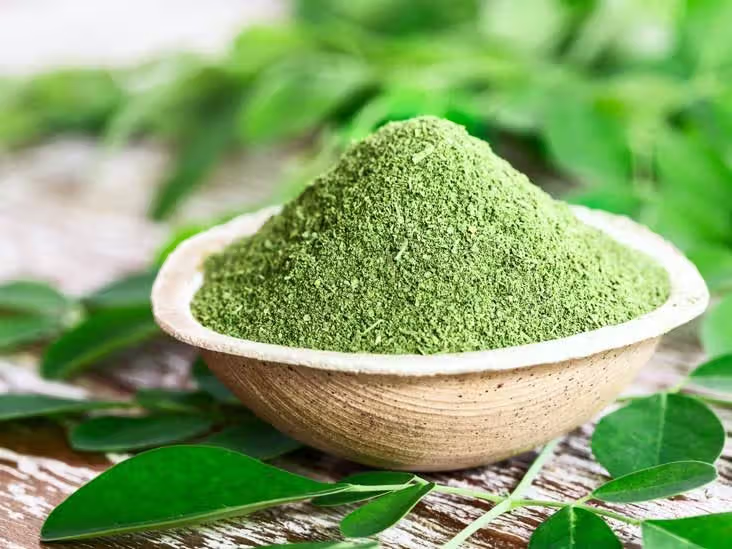
Tips On Brewing The Perfect Moringa Cuppa!
Brewing the perfect Moringa cuppa involves several steps to ensure you get the best flavour and maximum health benefits. Here are some tips to help

“Nebedaye” … “The one which never dies.” The beautiful original name, the moringa tree, is used in many African languages.
Moringa was discovered in northern India around 2000 BC. Traditional doctors quickly discovered its medicinal impact and called it “The Miracle Tree”. Aristocracy and members of royal families were taking Moringa for its beneficial effects on mental alertness and healthy skin. It became an integral part of traditional Ayurvedic medicine. In ancient India they gave Moringa extract to Mauryan fighters on war fronts. They believed that it would give them the necessary strength and energy during the fights, and at the same time relieve the stress of battle and pain from injuries.
The ancient Egyptians highly valued Moringa oil, which was used instead of sunscreen. However, in Europe it was the ancient Greeks, who discovered a number of other valuable Moringa effects on human health. In the later period they introduced Moringa to the Romans, who spread it throughout their empire.
In modern history, back in 1817, the Jamaican (at that time still a British colony) chamber was discussing Moringa. At the official hearing they introduced Moringa oil, as a healthful ingredient for salads and for other culinary purposes. Within the British Empire Moringa expanded into many other countries around the world.
Today, you can find quality Moringa in the Caribbean, Africa, Philippines, eastern India, China, and Southeast Asia. Moringa trees are grown mainly in tropical and subtropical areas. Moringa tree is a very undemanding plant that paradoxically thrives even in dry sandy soils and up to higher altitudes. Highly prized and used in the Himalayas.
Moringa can therefore be found in many countries under different names: Malunggay (Philippines), Horseradish Tree, Drumstick Tree, Marang, Mlonge, Saijhan, Shecaga, Sajn, Kamungay and many others.
Ayurveda is an alternative medicine system with historical roots in the Indian subcontinent. The theory and practice of Ayurveda is pseudoscientific. The basic principle of Ayurvedic medicine is to prevent and treat illness—rather than respond to indicators of disease—by maintaining balance in and harmony between your body, mind and environment.

Brewing the perfect Moringa cuppa involves several steps to ensure you get the best flavour and maximum health benefits. Here are some tips to help

As the new year unfolds, many individuals embark on a transformative journey known as Dry January – a month-long commitment to abstain from alcohol. This